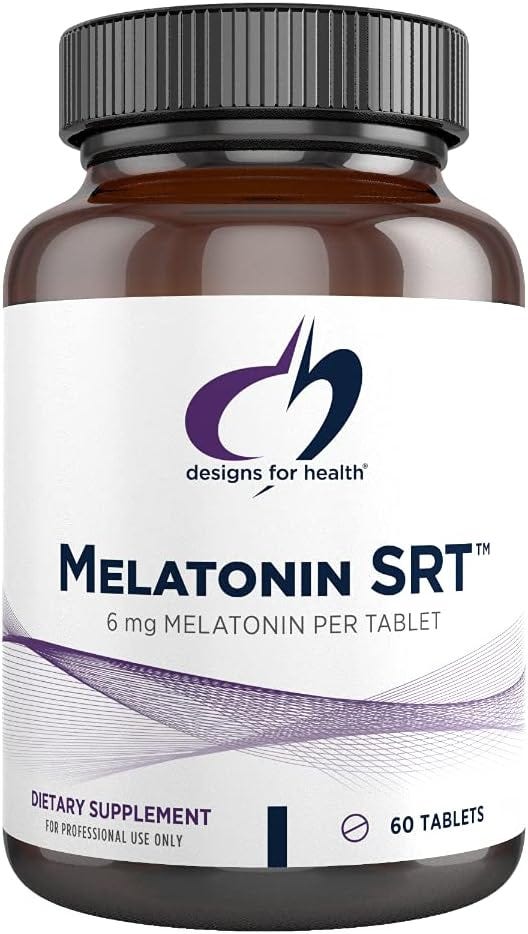Melatonin--is it Dangerous?
Questioning the safety of melatonin supplementation
Part of an ongoing series on how to use supplement and behavior-based plans to treat common maladies. To read the detailed supplement plan, order supplements, or download the patient resource sheets, go here to create a free patient account at Fullscript by entering your name and email address: Dr. Mark McDonald’s Fullscript dispensary
Several readers have asked me if melatonin is dangerous. A recent article on melatonin use in children, published by The Epoch Times, raised this question as well. The answer is, “It depends.”
In adults, melatonin at any dose is unlikely to cause serious injury (or death). The chronic use of high doses, however, could suppress endogenous production of the hormone and cause melatonin withdrawal once the supplement is discontinued. For this reason, I recommend no one take more than six mg per night. Higher doses do not offer any additional benefit and may provoke a hormonal imbalance. Melatonin surges that come from high dosing have been linked to this type of disruption. An excellent option to reduce any risk is a sustained release melatonin, like Melatonin SRT made by Designs For Health.
Melatonin use in children is rising. Most sleep disorders in children are behavioral and do not require medication or supplementation. Using adult doses of melatonin in children should be avoided. If supplementing a child with melatonin, the dose should be kept low—between one and three mg. There is no reason to ever give children moderate or high dose melatonin as a supplement.
Remember that melatonin is not just a sleep aid. It also provides antioxidizing, anti-inflammatory, anti-cancer, and neuroprotective effects.
Just don’t overdo it—especially with the children.
I provide a detailed plan that includes specific supplements for each micronutrient need for brain health in my Fullscript dispensary. Click on the link below to go directly to the immune system resilience supplement plan.


Re melatonin...Although there are unfortunately no human trials, there are at least 35 papers which I reviewed on the use of melatonin during radiation oncology. Apparently melatonin protects healthy cells during treatment while also sensitizing the cancer cells to the radiation.